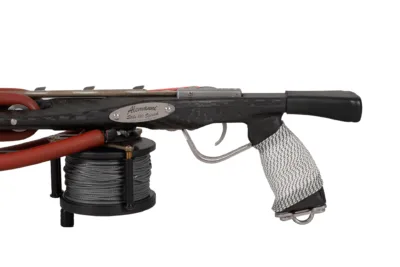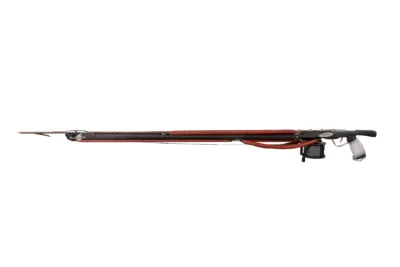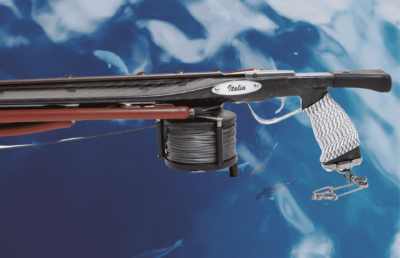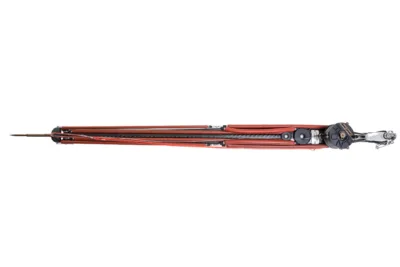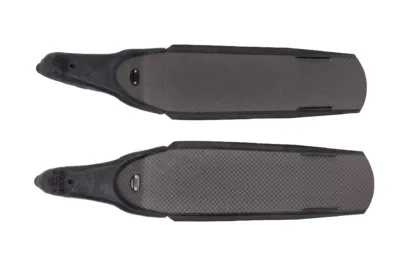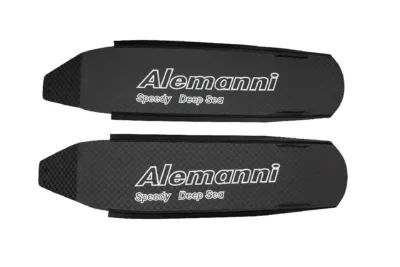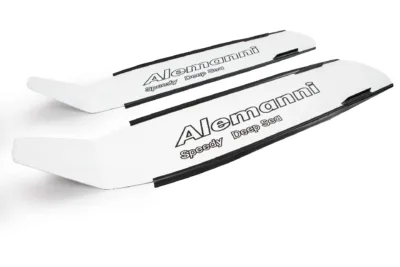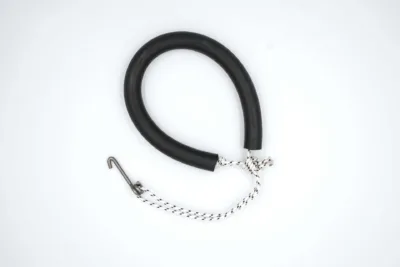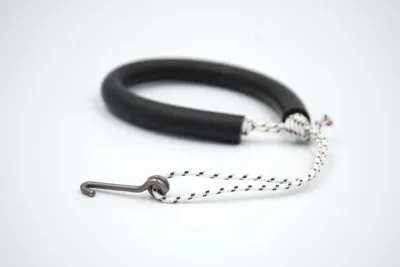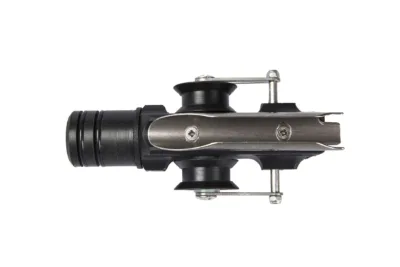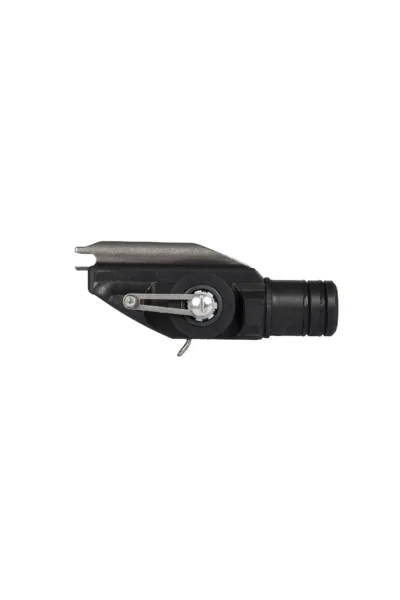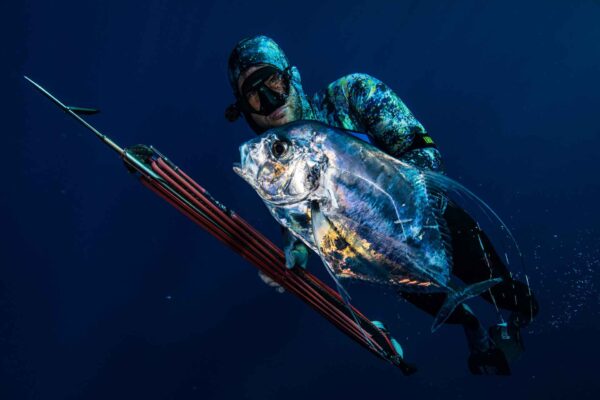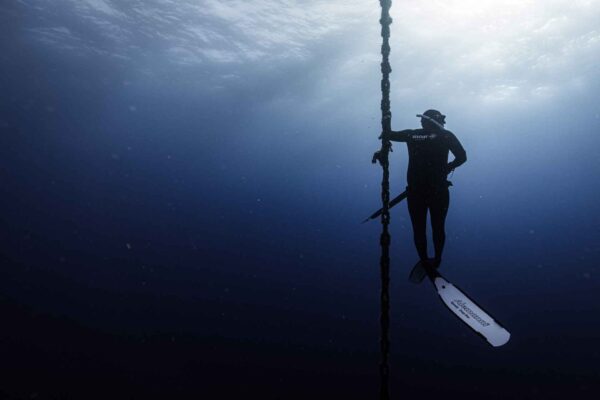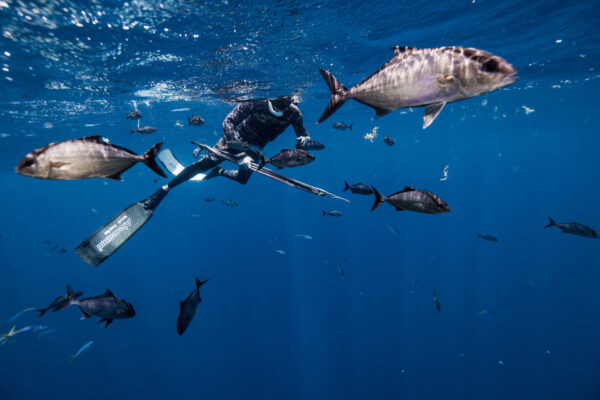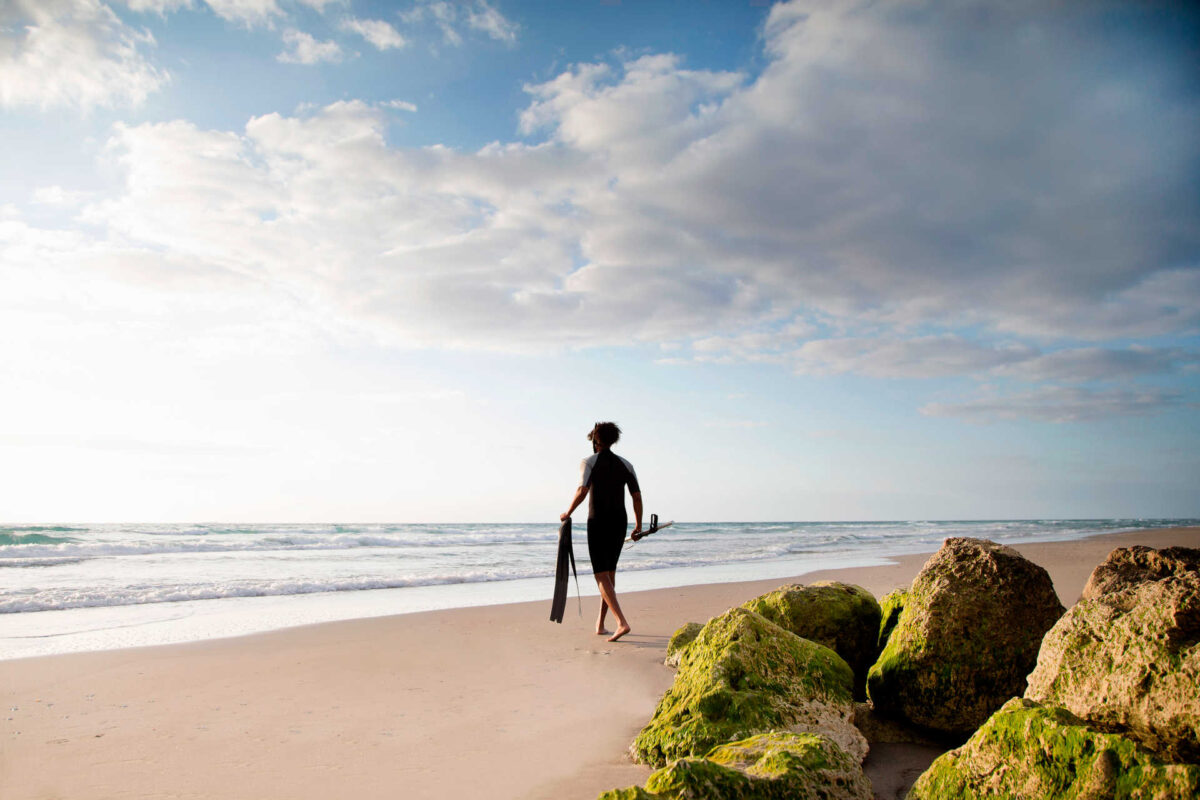News from the German world, Underwater fishing techniques
Underwater fishing: knowing how to recognize the best places and times to fish
Underwater fishing: knowing how to recognize the best places and times to fish
Knowing if there are fish before entering the water is every fish enthusiast's dream Spearfishing: some say it's impossible, some say it can be understood from the wind, the color of the water or the smell of the air. According to some freedivers, it all depends on the tide. According to others, from the moon.
The theories on when and where to freedive fish there are as many as fishermen: everyone has their own approach to the sea and fishing, everyone has their "places" and their favorite moments for fishing. But are there places, seasons or times that are objectively better than others for fishing?
Spearfishing: The best time to fish
Since the beginning of the world, fishermen have claimed that i best times to fish be it the early hours of the morning or sunset: the fish are generally more active and busy in these hours, which they voraciously use to move and feed.
Many freedivers agree that the sunset is the ideal time to dive: the "calasole" is a moment that can be particularly favorable not only because the predators come out into the open, but also because the position of the sun allows us to hide ourselves better from the "sight" of the fish.
On the other hand, at theSunrise the fish may be hungrier, but above all they are less disturbed by human activities, therefore less likely to snap at the slightest vibration. In some areas, the presence of boats and tourists can make the fish stressed and wary as the hours pass, leaving the "evening" fisherman with an audience of savvy and nervous potential prey, not always easy to deal with.
How to choose the right time to fish
Il right time to fish it depends on an infinite number of factors: in addition to typical seasonality of fishing, the tides, currents, moon phases, the cloudiness of the water and also the weather stability in the previous days must be considered. There are so many variables that it is impossible to know for sure what you will find in the water before diving.
However, we can try to summarize the major themes:
- la month: tradition has it that when the moon changes you fish more. There are those who say that when there is full moon it is useless to dive in the morning, because the fish has already eaten, while dawn is the best time after one moonless night. Schools of thought are different, but it is clear that the moon influences the life of fish enough to influence a fishing trip. It's all about studying the dynamics of the place where you fish;
- le tide: it is said that the busiest hours are those just before and after thepeak of the tide, when sea currents transport food and nutrients, followed closely by fish. During high tide, shallow areas can be very favorable, while when there is low tide it is more likely to have the best encounters near shallows and reefs;
- il wind: the one on the wind is a very long chapter made up of science, legends and personal experiences. What is certain is that the wind influences the water clarity, a crucial factor in spearfishing. When the wind blows from the land, the water tends to be clearer and calmer, while when it comes from the sea you will find more cloudy situations. This is decisive not only for the technique to be used, but also for the choice of speargun.
And then there are: the differences between one season and another, the specificities of the places, the effects of rain on insects and the surface, the possible reaction of fish to human activities, the presence of "unnatural" currents saturated with food and nutrients , the habits of some particular species.
How to choose the best places for underwater fishing
When it comes to best places for spear fishing, the matter is even more complicated: our seas are no longer as full of fish as they once were, and fish are increasingly concentrated (at least temporarily) in very small spaces.
The custom of choosing one's own special place is more alive than ever, like the secret that accompanies it, but the "playgrounds" that are teeming with fish and remain unknown to most fishermen are increasingly rare, especially below the coast. This is also due to the fact that today it is difficult to be sure that a certain place is not beaten by other freedivers, given the ever-increasing diffusion of the discipline.
There are objectively "special" places: passage areas, mother dens, particularly favorable points thanks to the conformation of the land, the light or other physical characteristics. These places, however, do not escape the dynamics of the sea: a magical place at sunset in spring can be disappointing in other seasons, or in different weather and climate conditions.
At sea there are no certainties: to know how to interpret fishing conditions without entering the water you need a lot of experience and a certain sensitivity, qualities that require time, empty jokes, great discoveries and an ever-living love for the sea and what it has to offer. offer.


